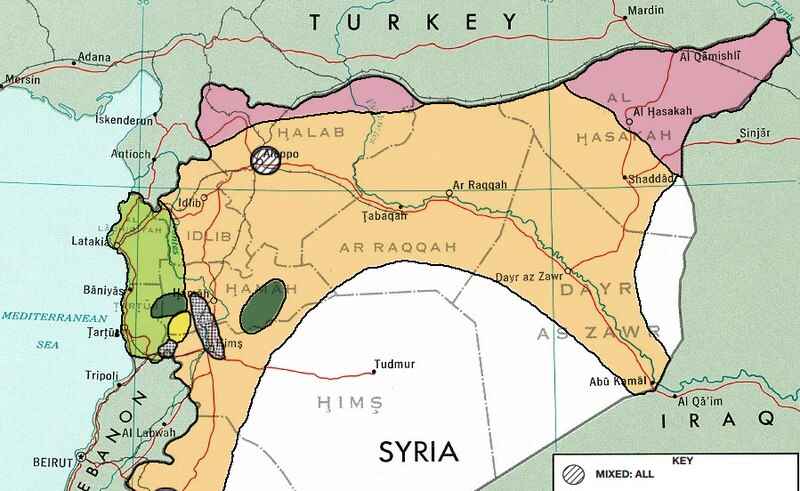
The Syrian conflict has been a tragic stage for sectarian violence, foreign interventions, and mass human suffering. Yet, amidst the widespread atrocities, one crisis remains underreported and insufficiently condemned by the international community: the ethnic cleansing of Syria’s Alawite minority. Despite targeted killings, displacement, and systemic persecution, raised violently in the last couple of weeks, both the Syrian government and global powers have failed to address this escalating humanitarian disaster with the urgency it demands.
This extreme violence erupted on March 6th, in a few weeks the Syrian Observatory reported horrific massacres of 1,476 Alawite civilians along the Syrian coastline (Syriahr, 2025). They are a minority ethno-religious sect, historically persecuted due to theological and religious distinctions which led them to be branded as heretics by most branches of Islam. Initially marginalized by various ruling Sunni dynasties, the French mandate in Syria and Lebanon, following the defeat of the Ottoman Empire elevated their status, giving them a position of power alongside other minorities, in order to avoid internal rebellions. The French also established an autonomous Alawite state along Syria’s coast, granting them political and legal autonomy from Sunni control.
When the Assad family, which belonged to this religious minority, took over power and ruled Syria for decades, it started portraying itself as the defender of the Alawites against the Sunni Muslim minority, while suppressing dissent of their own group if accused of corruption and the economic crisis. Moreover, the Alawite minority was further discriminated for being associated with the regime’s brutal tactics, becoming a target both during the Syrian uprising in 2011 and following the fall of the Assad regime in December 2024.
Since then, rebel factions and extremist groups, including ISIS and Jabhat al-Nusra, explicitly called for the extermination of Alawites, treating them as an extension of the fallen regime rather than distinguishing between civilians and military personnel. This rhetoric translated into action, as Alawite villages were systematically attacked, forcing the survivors to flee their homes, being described by international human rights associations, such as Amnesty International, as ethnic cleansing.
At the international level, global powers have not yet sent any word of support or action for the Alawite community. While crimes against other Syrian groups, including Sunni opposition members, Kurds, and Christians, have rightfully drawn widespread condemnation, the suffering of the Alawites has been met with indifference. Similarly, international bodies such as the United Nations have largely omitted Alawites from their narratives of Syrian victimhood so far. This diplomatic imbalance and oblivious has only emboldened anti-Alawite extremist groups, reinforcing the perception that violence against this minority is acceptable or even justified.
Additionally, neighbouring countries such as Turkey, Saudi Arabia, and Qatar have shown little interest in protecting Alawite civilians: on the contrary, they have financially and militarily supported Islamist factions responsible for targeting Alawites. Meanwhile, Western nations, particularly the United States and European countries, have hesitated to acknowledge the ethnic cleansing of Alawites due to their strategic alliances with Gulf states and their commitment of opposing and condemning the Assad regime, forgetting about the suffering this minority has been going through for decades.
International human rights organizations, global governments, and the media must break their silence and acknowledge the atrocities committed against Alawites with the same vigor applied to other crimes in Syria, before a complete eradication of the minorities happens under international eye. History shows that silence in the face of ethnic cleansing only enables further and more violent atrocities. The Rwandan genocide should serve as a reminder that failure to act and prevent the worst might result in the suffering and death of thousands of innocent people. So urgent actions are needed.
Resources:
Syriahr (2025) Worrying development | Activists launch campaign on social media abetting attacks on poor predominantly-Alawite neighbourhoods in Damascus, published by Syriahr, available at: https://www.syriahr.com/en/357734/
By The European Institute for International Relations















